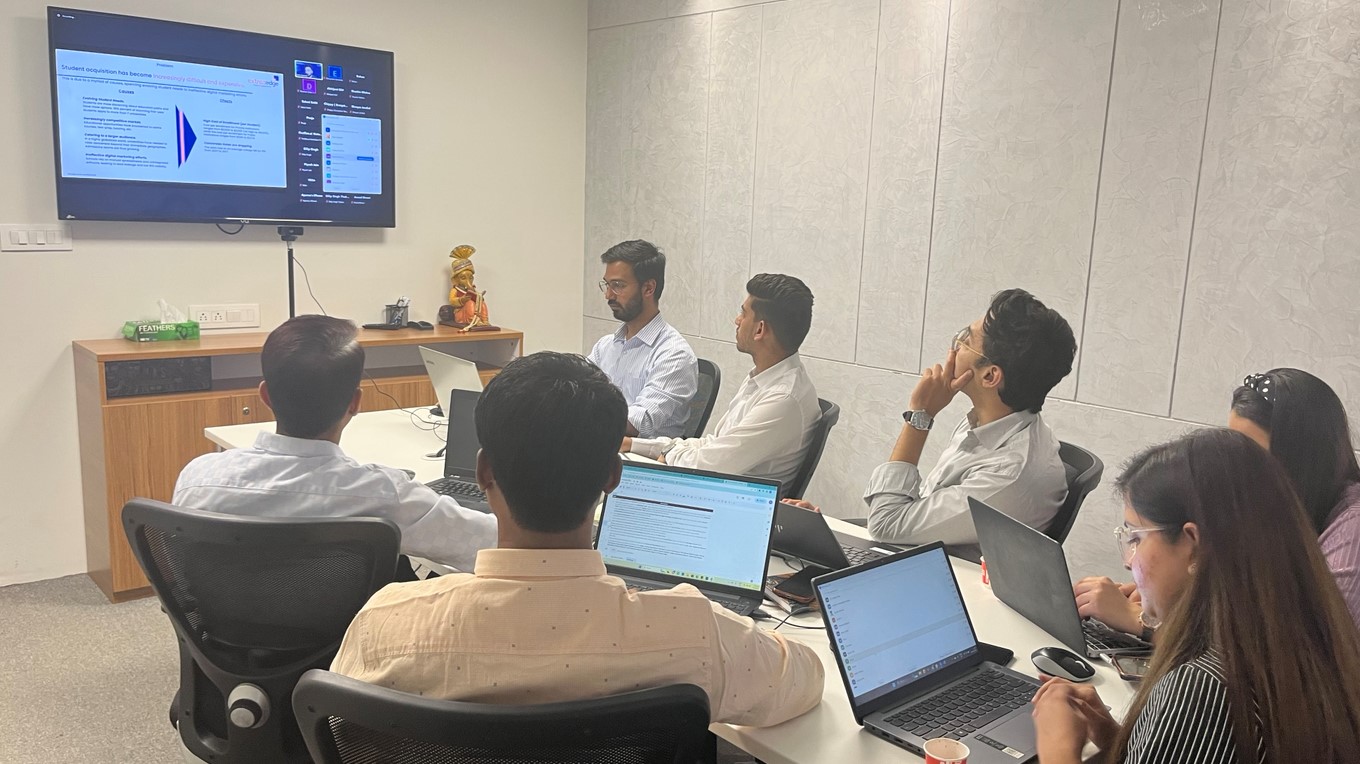Are debt mutual funds now equivalent to fixed deposits?
In this edition let us look at the widely discussed news about the recent amendments to the income tax rules as part of the Finance Act 2023.
On Mar 23 the Parliament passed the finance bill (annual budget) with some notable amendments which would impact the relative tax advantage of certain investment products, effective from 1 April 2023.
Debt mutual funds are a category of mutual funds that invest in debt and money market instruments such as commercial papers, certificates of deposits, treasury bills, non-convertible debentures, government bonds, G-Secs, and other. They generate returns by lending your money to the government and companies.
Highly liquid Debt Mutual Funds were tax-advantageous due to following reasons –
First, unlike FDs, debt MFs enjoyed indexation benefits to account for the cost of inflation. Second, the holding period for debt MFs was three years, after which the gains from the sale were taxed at the Long term capital gains (LTCG) tax rate of 20% whereas FDs are taxed at a slab rate of 30% (the most likely tax slab of the readers of this newsletter)
For example, with an ROI of 8%, an investment of ~1 lac would have accrued gains of ~26000 at the end of the holding period of three years. In case the investment was an FD, tax outgo would be 30%(26k), which comes out to be ~7800. Whereas, if the investment was in debt MF, indexation benefit (taking 15% as cost inflation index) would reduce taxable gains to ~13k. Then, applying a 20% LTCG rate would have resulted in tax outgo of 2600, which is much lower than 7800, as in the case of FDs.
With the latest amendment, this tax arbitrage which made debt MFs lucrative over FDs and bonds, has been nullified. Gains from debt MFs would be charged at the taxpayers slab rate of 30% without indexation benefit.
Understandably, the amendment was criticized by the MF industry, as it is likely to drive a section of investors away to FDs and bonds in the medium to long term. Though, experts mentioned that in the short term, debt MFs are likely to remain the preferred investments from a liquidity perspective. Moreover, investments made upto 31 Mar 2023, would not come under the new taxation rule.
The amendment must be seen as a step towards making the complex taxation regime simplified in coming years. Currently, the income tax rules in India are incentivised for the non-salaried high income taxpayers, who have more options to manage the effective tax liabilities.
Ideally, investment decisions should primarily be based on the future goals, reward expectations, and the risk appetite of an individual. The gains on such investments should be taxed as minimally and uniformly across different asset classes as possible.
But due to differential tax rates, differential holding periods for computation of gains for different asset classes often result in locking investment capital in unproductive assets, as individuals make those decisions based on the differential tax benefit for that asset.
For example, like in the case of debt MFs, indexation benefits also exist while calculating capital gains on selling real estate and physical gold. How many homes and how much gold can an individual consume beyond which the marginal utility of possessing one doesn’t make sense? A lot of capital in India gets locked in these assets, which might be productively channelized to alternative investments, such as funding innovation and making futuristic long term bets on scalable startups, the returns on which would far surpass any taxation advantages.
Ecosystem Ventures This Week
Key Highlights – Events

We’re pleased to share that Mr. Abhijeet Bhandari (Partner at Ecosystem Ventures), participated in the Yourstory Techsparks Event 2023 in Mumbai.
Startup Funding Summary
Charge+Zone, Vadodara-based EV charging company, has raised $54 Mn in Series A1 funding from BlueOrchard Finance and other HNIs – Read More
Sukino Healthcare, Bengaluru-based continuum care provider, has raised $6 Mn in Series A funding round from Stakeboat Capital – Read More
IndusGo, Ernakulam-based self-drive car rentals platform, has raised $12 Mn in a funding from Indus Motors – Read More
FretBox, Pune-based SaaS platform for hostels, has raised $10 Mn in Pre-Seed funding from JSS STEP, India Accelerator and other HNIs – Read More
Uravu Labs, Bengaluru-based water technologies startup, has raised $2 Mn in Series A funding from JITO Angel Network, Anicut Capital, Speciale Invest, Rocketship.vc., Vesta, Spectrum Impact, ZNL Growth Fund, VERSO, Echo River Capital and other HNIs – Read More
M&A Snippets
Noida-based edtech firm PhysicsWallah has acquired UAE-based edtech startup Knowledge Planet for an undisclosed amount – Read More
















